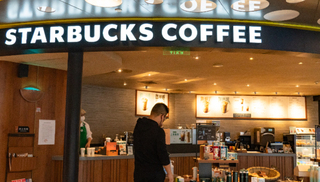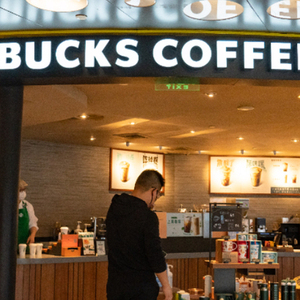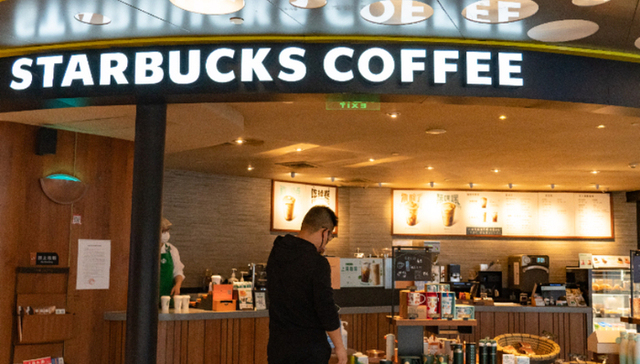by PENG Peng
Several stores in Guangzhou and Shenzhen have recently set up communal tables equipped with free power outlets and hot water, welcoming customers to study without reservations, time limits, or purchase requirements. Posters in-store label the area as a "Xingzi Study Room", though there is no indication of a formal nationwide campaign or corporate branding.
Staff at multiple locations confirmed the initiative to Chinese media, noting that the study areas are integrated into the main café space rather than separated. Similar setups have appeared in parts of Guangxi and Hainan.
In response to an inquiry from Jiemian News, a representative for Starbucks China said the company remains committed to meeting customers' evolving needs across different scenarios, aiming to create a distinctive third-place experience through quality beverages and thoughtful in-store services.
The pilot echoes Starbucks' earlier experiments with shared working environments. In November 2021, it launched its first co-working concept store in mainland China at Raffles City in Shanghai. The 200-square-meter space featured four functional zones, including private paid meeting rooms and semi-open seating areas designed to support study and collaboration.
Starbucks entered China in 1999 with its third-place vision—a space outside home and office. As of the second quarter of fiscal year 2025, the company operates 7,758 stores across more than 1,000 county-level markets. Starbucks China reported US9.7 million (53 billion yuan) in revenue for the quarter ending March 30, up 5% year-on-year.

But the brand is also grappling with shifting consumer expectations and growing local competition. In June, it cut prices on dozens of non-coffee beverages for the first time in its 26-year China history, lowering prices by an average of 5 yuan, with some drinks priced as low as 23 yuan.
At the same time, market speculation about a potential sale of its China business has intensified. According to earlier reports, Starbucks has received multiple acquisition offers, mostly aimed at securing a controlling stake. The latest market talk suggests the company may retain around 30% equity, with the rest split among several investors, none holding more than 30%.





